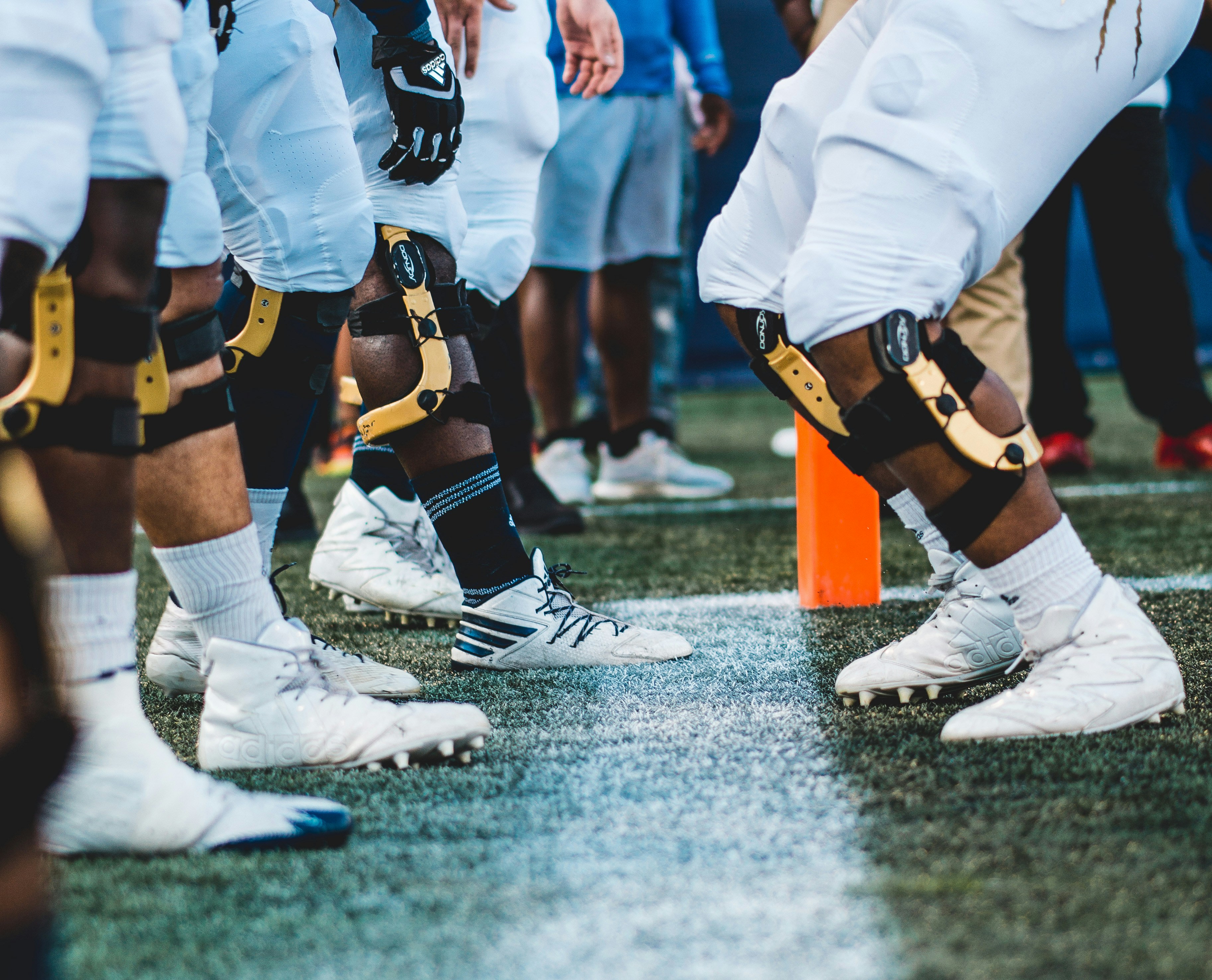The Importance of Leadership Training: Why Every Leader Needs "Training Camp"





All NFL players—rookies and veterans—benefit from the hard work of the preseason. Same goes for leaders.
As the hottest days of summer arrive, National Football League teams set their sights on the cooler days ahead. Beginning in late July, teams bring together their players for workouts, scrimmages, and meaningless exhibition games.
The preseason is a slog many players hate. But most understand that if they are to excel in the autumn’s regular season games—the ones that count—and, hopefully, into the postseason, it’s a necessary ritual.
In the words of legendary NFL coach Vince Lombardi, “The only place success comes before work is in the dictionary.”
Why leaders need their own preseason
Success doesn’t come before work in leadership either. Indeed, putting in the time and effort to develop is a necessity for all leaders if they aspire to be elite—and all leaders should. Which is why leadership training is important. That goes for leaders at all stages of their careers, whether they are new frontline leaders or C-level executives.
But not all do, of course. Some attend a training course and pay only cursory attention while they answer emails on their phones. Others take a “check the box” approach to a rotational assignment, passively putting in their time instead of working to learn and grow.
“I don’t think there’s enough urgency today for leaders to own their own development,” says Cynthia Stuckey, Senior Vice President at EZRA Coaching. “One of the biggest gaps I see in business right now is around focusing too much on in-role performance instead of future roles.”
Bill Taylor, an EZRA Executive Coach, knows firsthand the rigours of the preseason, having participated in an NFL training camp and exhibition games as a young free-agent quarterback.
“Every single day brought an unrelenting sequence of events,” Bill says, recalling a grueling schedule that included strength training, three-a-day workouts, position group drills, and classroom sessions going over the playbook or reviewing film. But he also says he understands that those long days were about constant improvement, getting incrementally better to have a competitive edge.
“One thing that I took with me from the world of athletics is that if you are going to be good, you always need to be practicing your craft. You need to develop the techniques and the fundamentals every day.”
These include everything from giving feedback to leading meetings to managing conflict to developing a team. Through practice, Bill points out, leaders, like athletes, build muscle memory that will enable them to respond effectively in the moment as various situations arise, highlighting the importance of leadership training .
The experience trap
The NFL preseason provides opportunities for new players to show what they can do and to earn roster spots, or even starting jobs. Established veterans, meanwhile, use the preseason to focus on getting back in game shape, honing new moves or techniques, or adjusting to a new position if they are moving to a different role with the team.
Bill recalls being “amazed” at how hard the established veteran players worked in training camp. They were committed to staying at the top of their game—and not losing their jobs to younger players.
Experience, meanwhile, can work against leaders. Many believe their past efforts or long tenure gives them a pass on having to work hard on their craft.
“I see leaders in their fifties or sixties who are struggling,” Bill says. “When I try to suggest actions they can take, they shut me down because it’s stuff they believe they already know how to do. My response is, then why aren’t you getting better results? Somewhere along the line, they let their development work ethic lapse.”
How to get in game shape
So, what do leaders need to do to make the most of their preseason?
Cynthia recommends gathering and using data. That includes both data on their performance and assessment data that can reveal where they need to target their development efforts.
Bill, meanwhile, stresses the need to emphasise constant, incremental improvement—and to never stop working to get better.
But just because development requires hard work doesn’t mean it can’t be enjoyable, too. After all, Bill says even the NFL preseason he experienced wasn’t all drudgery.
“It was the most difficult thing I experienced in my life. But it was also fun.”
For more leadership insights, visit the EZRA blog.
Contributors
Cynthia Stuckey, Senior Vice President at EZRA Coaching

Bill Taylor, EZRA Executive Coach